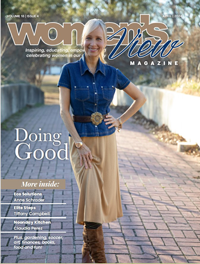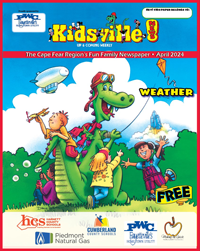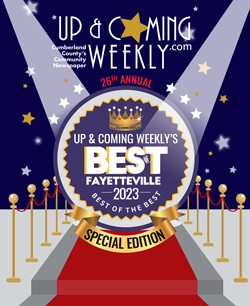Have we come to a time in this country when we are ready to deal upfront and honestly with our grievances and hopes concerning the burden of racial misunderstanding that is woven into the fabric of American society?
Our recent public discussion of portions of Jeremiah Wright’s sermons reminded us that race can still pop up anywhere when we are thinking about politics and national leadership decisions. Then Barack Obama’s speech on race in America last week gave many of us hope that we can face these complexities and emotional minefields more openly and positively. But others, with despair or cynicism, assert the hopelessness of ever dealing with this confounding national burden.
Coincidentally or providentially, I have been reading book about the struggle of another group of Americans to overcome discrimination and suspicion to find a secure and welcome place in this country.
Durham native Eli Evan’s classic memoir and study of Southern Jews, The Provincials: A Personal History of Jews in the South, was recently reissued in an updated and expanded version by UNC Press. (Evans is returning home this weekend to appear at the Triangle Jewish Film Festival in Cary.
Originally published in 1973 when the Civil Rights revolution was still painfully readjusting the legal framework of southern race relations, Evan’s book chronicled the special challenges that Jews faced throughout their history in our region. More specifically, his personal memoir deals with the North Carolina experience of his family.
Evan’s parents were the children of immigrants from Eastern Europe who came to North Carolina as house-to-house to house peddlers, then storekeepers, then successful business owners and finally respected civic leaders.
His father, Mutt Evans, eventually won election as mayor of Durham, crafted a role as a progressive and gained respect and affection from his community. His uncle, Monroe Evans, served as mayor of Fayetteville. Other members of the family took on important community leadership positions.
Eli Evans also achieved political success in high school and at the University of North Carolina at Chapel Hill, where in 1957 he won election as president of student government.
The political and civic contributions and successes of the Evans and of other Jewish families in North Carolina could be compared to the later political successes of African Americans. Similarly, those successes did not bring with them total acceptance or complete inclusion in southern society.
Jews continued to be viewed as different, and barriers to acceptance as “one of us remained.”
Evans’ poignant descriptions of his struggles to find a comfortable place in his Bible Belt homeland evoke tears and laughter. As a youngster, he joined his non-Jewish friends at the numerous revivals that were important social events in his growing up years in Durham. Enjoying the music and rhythms of the service, he was caught in a panic when the preacher called for uplifted hands to signify salvation. “Lift it high,” the preacher said. “Lift it high as you can. Lift it and say ‘I am saved.’ Higher. You can do it. Let Him in your heart. If you can’t lift it, something is wrong.”
When someone lifted Eli’s hand, “Wild-eyed and afraid, I jerked my hand away and bolted out of the tent as fast as I could, heading for home.”
Christmas and Easter seasons presented special problems for the young Eli, seeking acceptance but trying to remain true to his family’s religious heritage. What was he to do during the Christian devotionals in his public school classrooms? How was he to participate in the Christmas pageants? When a teacher assigned him the “best” part, Joseph, he respectfully and firmly declined, only to be given the part of the evil tax collector, “the heartless representative of King Herod.”
Constantly having to explain to his non-Jewish contemporaries why he was a little different from Christians, he acknowledged his uncomfortable confusion. “Deep down, Jesus still worried me.”
Like Obama’s recent speech, Evan’s book is an open and personal invitation to step into the shoes of others, to discuss and explore our real divisions, and then to find in those differences a basis for respect and celebration of the kind of unity that is the best of America’s potential č and promise.

 How to resolve AdBlock issue?
How to resolve AdBlock issue? 









